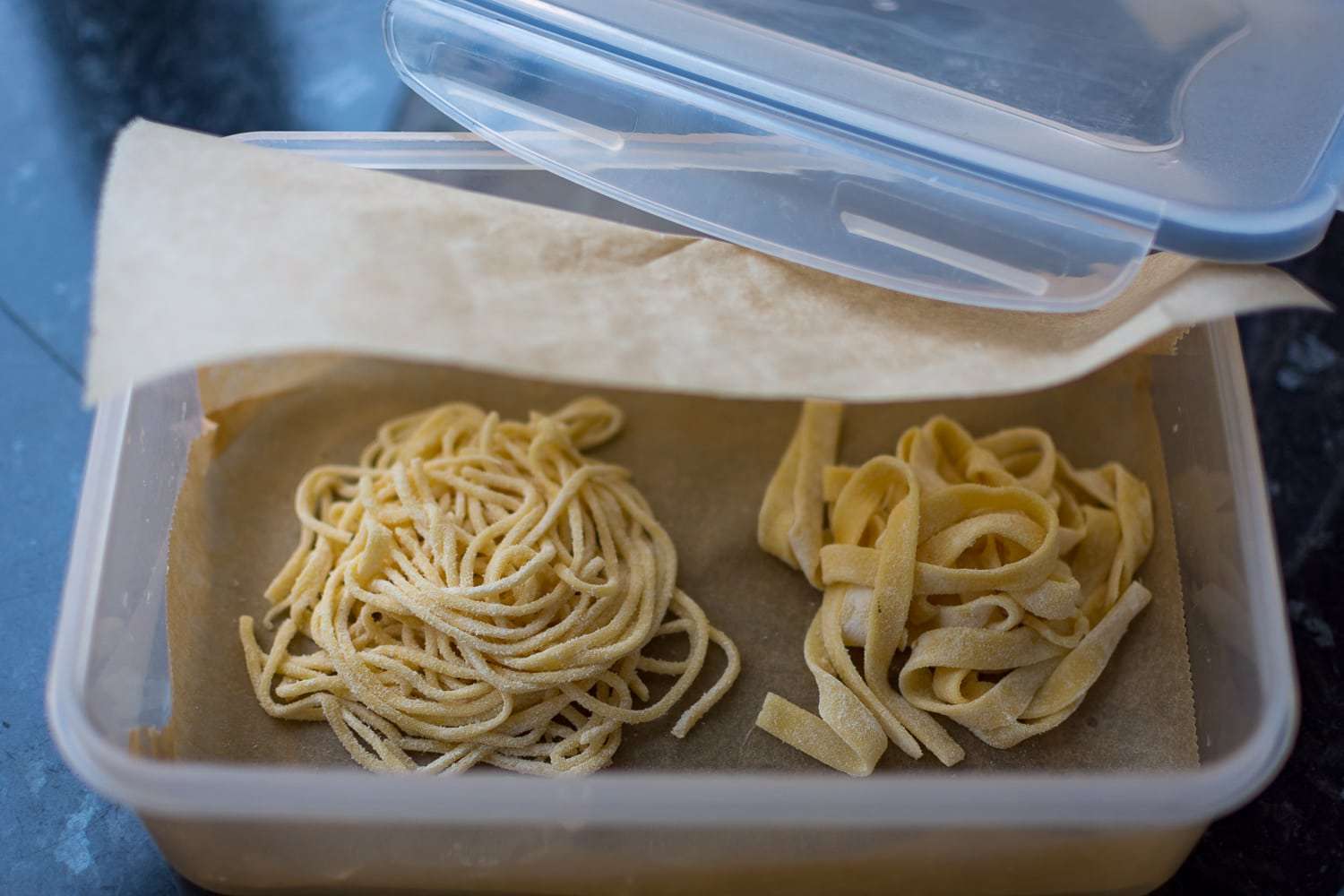

Articles
How To Store Fresh Pasta In Fridge
Modified: August 21, 2024
Learn the best techniques for storing fresh pasta in the fridge to keep it fresh and delicious for longer. Read our informative articles now!
(Many of the links in this article redirect to a specific reviewed product. Your purchase of these products through affiliate links helps to generate commission for Storables.com, at no extra cost. Learn more)
Introduction
When it comes to enjoying a delicious plate of pasta, there’s nothing quite like the taste and texture of homemade fresh pasta. Whether you’ve made a batch yourself or purchased it from a local artisan, proper storage is crucial to keep the pasta in optimal condition. And that’s where your fridge becomes an essential ally.
In this article, we’ll explore the importance of storing fresh pasta in the fridge and share some tips on how to do it effectively. From understanding why refrigeration is necessary to providing step-by-step guidance, you’ll have all the knowledge you need to keep your fresh pasta fresh and ready-to-cook.
Key Takeaways:
- Properly storing fresh pasta in the fridge is crucial for maintaining its flavor and texture, preventing spoilage, and extending its shelf life. Follow simple steps to wrap, label, and store it for optimal results.
- Freezing fresh pasta is an excellent option for long-term storage, but if refrigerating, use within 3-4 days for the best quality. Avoid strong odors, separate portions, and wrap tightly to preserve its freshness.
Read more: How To Store Fresh Pasta Overnight
Why Store Fresh Pasta in the Fridge?
Storing fresh pasta in the fridge is vital to maintain its quality and extend its shelf life. The cold temperature of the refrigerator slows down the growth of bacteria, preventing the pasta from spoiling too quickly. Here are a few reasons why refrigeration is crucial for fresh pasta:
- Prolongs freshness: Fresh pasta contains perishable ingredients like eggs and water, which make it susceptible to bacterial growth when left at room temperature. By storing it in the fridge, you can extend its freshness for several days, maintaining its flavor and texture.
- Prevents spoilage: Without proper storage, fresh pasta can quickly become a breeding ground for bacteria. High humidity and warm temperatures contribute to the growth of mold and other harmful microorganisms. Refrigerating the pasta inhibits their growth, reducing the risk of spoilage.
- Preserves texture: Fresh pasta has a delicate texture that can easily become mushy or sticky if not stored correctly. The cold temperature of the fridge helps to maintain the pasta’s firmness and prevent clumping or sticking together.
By understanding the importance of refrigeration, you can ensure that your fresh pasta remains safe to eat and retains its quality for longer periods.
Tips for Storing Fresh Pasta in the Fridge
Proper storage is key to preserving the freshness and quality of your fresh pasta. Here are some tips to help you store it effectively in the fridge:
- Wrap it tightly: To prevent your fresh pasta from drying out or absorbing unwanted odors from other foods in the fridge, wrap it tightly in plastic wrap or place it in an airtight container. This will help maintain its moisture and keep it free from any unwanted flavors.
- Separate the portions: If you have a large batch of fresh pasta, divide it into individual portions before refrigerating. This will make it easier to take out only what you need without exposing the rest to the air, reducing the risk of spoilage.
- Label and date: To keep track of the freshness of your pasta, label the container or plastic wrap with the date it was made. This way, you’ll know how long it has been stored in the fridge and when it’s time to use it.
- Store it on a flat surface: Lay your wrapped or containerized fresh pasta on a flat surface in the fridge, such as a shelf or drawer. This will help prevent it from getting squished or bent, preserving its shape and texture.
- Keep it away from strong odors: Fresh pasta has a tendency to absorb odors from other foods. To avoid this, store your pasta away from strongly scented items like onions, garlic, or pungent cheeses. This will ensure that your pasta retains its authentic flavor.
- Use it within a few days: While fresh pasta can be stored in the fridge for several days, it’s ideal to use it within 3-4 days for the best quality and taste. As time goes on, the texture may become softer, and the flavor could diminish.
By following these tips, you can maintain the freshness and quality of your fresh pasta for a longer period, ensuring it’s always ready to be cooked to perfection.
After making fresh pasta, allow it to dry for 1-2 hours, then dust with flour and store in an airtight container in the fridge for up to 3 days.
Step-by-Step Guide: How to Store Fresh Pasta in the Fridge
Now that you understand the importance of refrigerating fresh pasta and have some helpful tips in mind, let’s walk through the step-by-step process of storing it in the fridge:
- Wrap the pasta: Start by tightly wrapping the fresh pasta in plastic wrap. Make sure that it is completely covered to prevent air and moisture from reaching the pasta.
- Place in an airtight container: If you prefer, you can place the wrapped pasta in an airtight container instead of using plastic wrap. This will provide an extra layer of protection and help maintain the pasta’s freshness.
- Label and date: Whether you’re using plastic wrap or a container, don’t forget to label it with the date. This will help you keep track of how long the pasta has been stored in the fridge.
- Store on a flat surface: Find a flat surface in your fridge, such as a shelf or drawer, to store the wrapped or containerized fresh pasta. Ensure that it is placed in a way that won’t get squished or bent by other items.
- Avoid strong odors: Keep the pasta away from strong-smelling foods that could transfer unwanted flavors. Choose a spot in the fridge that is not close to aromatic ingredients like garlic or onions.
- Use within 3-4 days: Fresh pasta should ideally be used within 3-4 days of refrigeration for the best texture and taste. As time passes, the pasta may become softer and lose some of its original quality.
By following these simple steps, you can ensure that your fresh pasta stays fresh and delicious when stored in the fridge.
Frequently Asked Questions (FAQs)
Q: Can I freeze fresh pasta instead of refrigerating it?
A: Yes, freezing fresh pasta is an excellent option if you want to store it for a longer period. Wrap the pasta tightly in plastic wrap or place it in an airtight container before freezing. When you’re ready to use it, thaw the pasta in the fridge overnight before cooking.
Q: Can I store cooked pasta in the fridge?
A: Absolutely! If you have leftover cooked pasta, you can store it in the fridge for 3-5 days. Make sure to place it in an airtight container or wrap it tightly in aluminum foil or plastic wrap. Reheat it by adding a little sauce or oil in a pan or briefly microwaving it.
Q: How do I know if fresh pasta has gone bad?
A: Pay attention to any significant changes in color, texture, or smell. If the pasta looks discolored, feels slimy, or emits a foul odor, it is likely spoiled and should not be consumed.
Q: Can I store fresh pasta at room temperature?
A: Fresh pasta is highly perishable and should not be stored at room temperature for more than a few hours, as it can lead to bacterial growth. It is best to refrigerate or freeze fresh pasta as soon as possible after preparation or purchase.
Q: Can I store fresh pasta in water?
A: It is not recommended to store fresh pasta in water, as it can cause the pasta to become mushy and affect its texture. Proper wrapping and refrigeration will keep the pasta fresh and ready for cooking.
Q: Can I store different types of fresh pasta together in the same container?
A: It is generally best to separate different types of fresh pasta to prevent them from sticking together or transferring flavors. If storing multiple types of pasta, consider using separate containers or wrapping them individually.
Remember to always use your best judgment when it comes to the freshness and safety of your fresh pasta. When in doubt, it’s better to err on the side of caution and discard any pasta that appears spoiled or has an off odor.
Read more: How To Store Fresh Herbs In Fridge
Conclusion
Properly storing fresh pasta in the fridge is essential to maintain its freshness, texture, and flavor. By following the tips and guidelines provided in this article, you can ensure that your homemade or artisan fresh pasta stays delicious and safe to eat for an extended period.
Refrigerating fresh pasta helps to slow down bacterial growth, preventing spoilage and maintaining its quality. Wrapping the pasta tightly in plastic wrap or placing it in an airtight container helps to preserve its moisture and prevent it from absorbing unwanted odors from other foods in the fridge.
Remember to label and date your stored fresh pasta to keep track of its freshness. Storing the pasta on a flat surface, away from strong-smelling foods, further helps ensure its quality. And don’t forget to use your refrigerated fresh pasta within 3-4 days for the best results.
If you have larger quantities of fresh pasta or want to store it for an extended period, freezing is an excellent option. Just make sure to wrap it properly before freezing and thaw it in the fridge before cooking.
By following these guidelines and taking the necessary precautions, you can enjoy fresh and delicious pasta anytime you want. Whether it’s a weeknight dinner or a special occasion, your stored fresh pasta will be ready to be transformed into a mouthwatering meal!
Frequently Asked Questions about How To Store Fresh Pasta In Fridge
Was this page helpful?
At Storables.com, we guarantee accurate and reliable information. Our content, validated by Expert Board Contributors, is crafted following stringent Editorial Policies. We're committed to providing you with well-researched, expert-backed insights for all your informational needs.
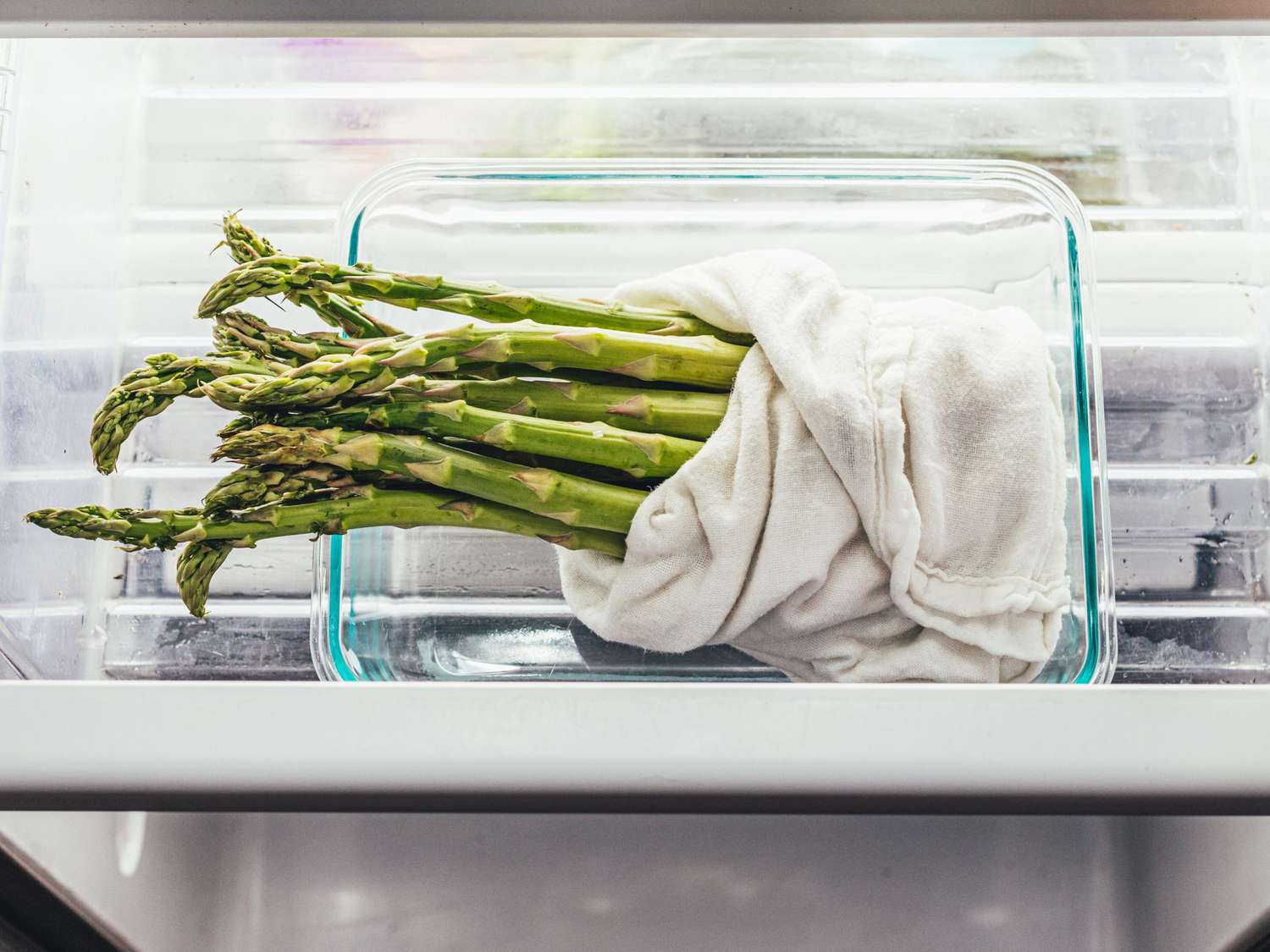

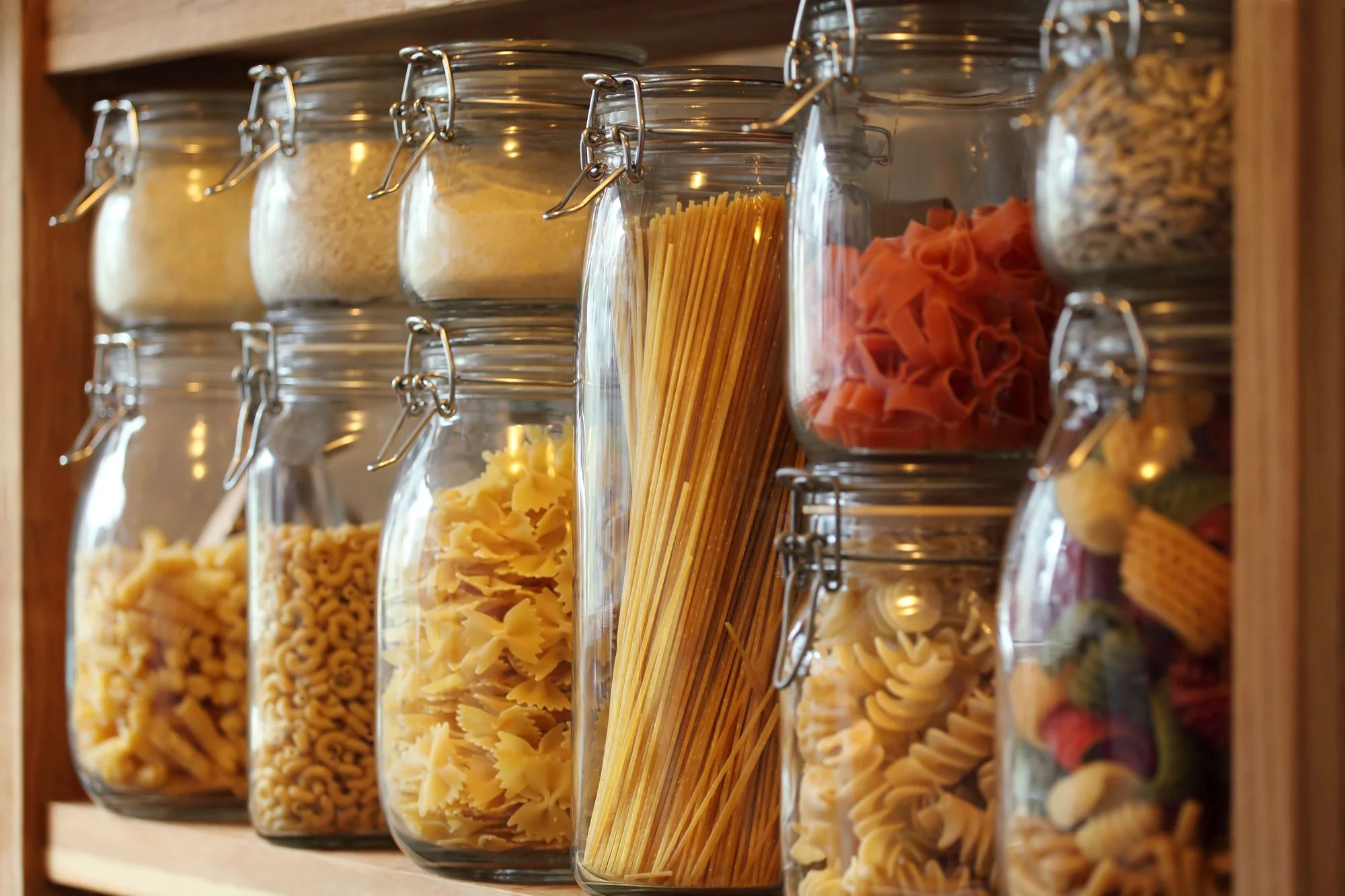
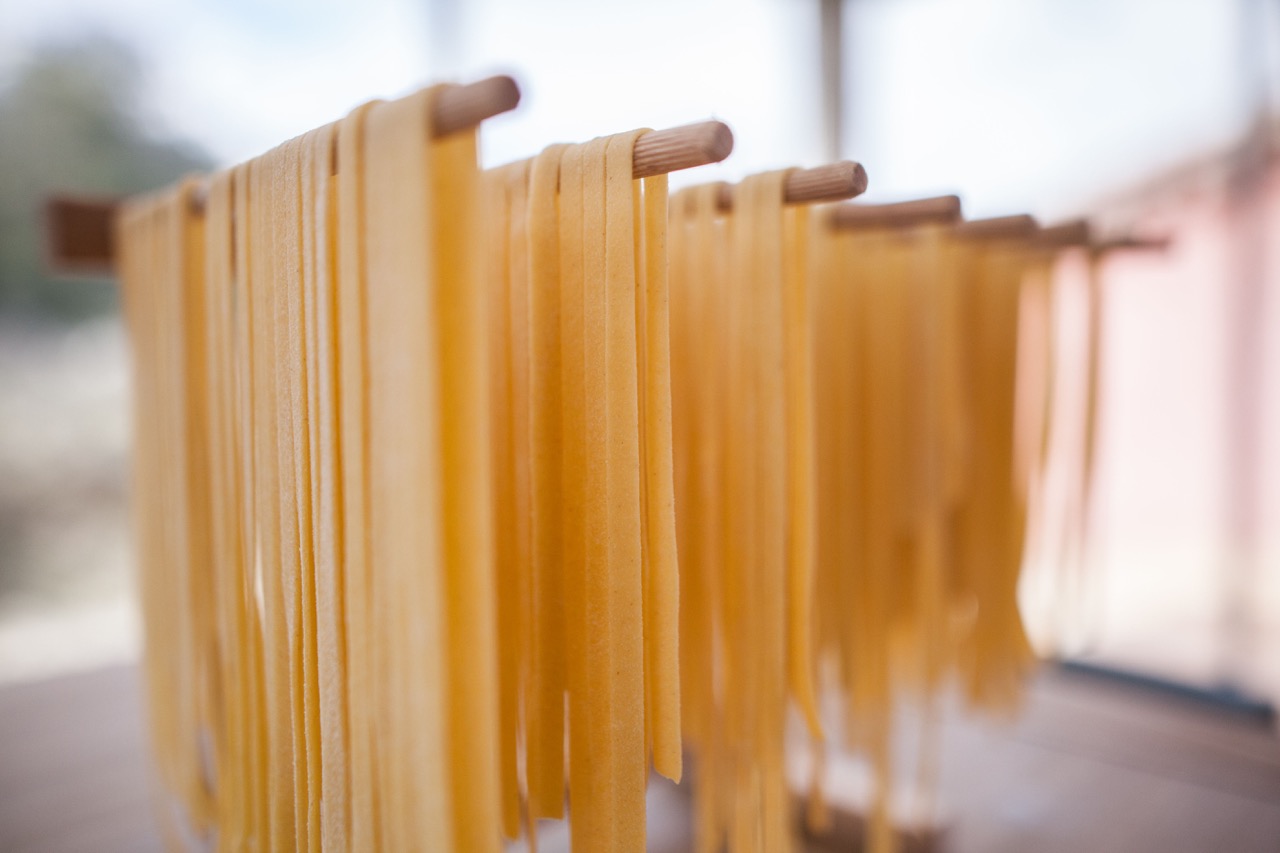

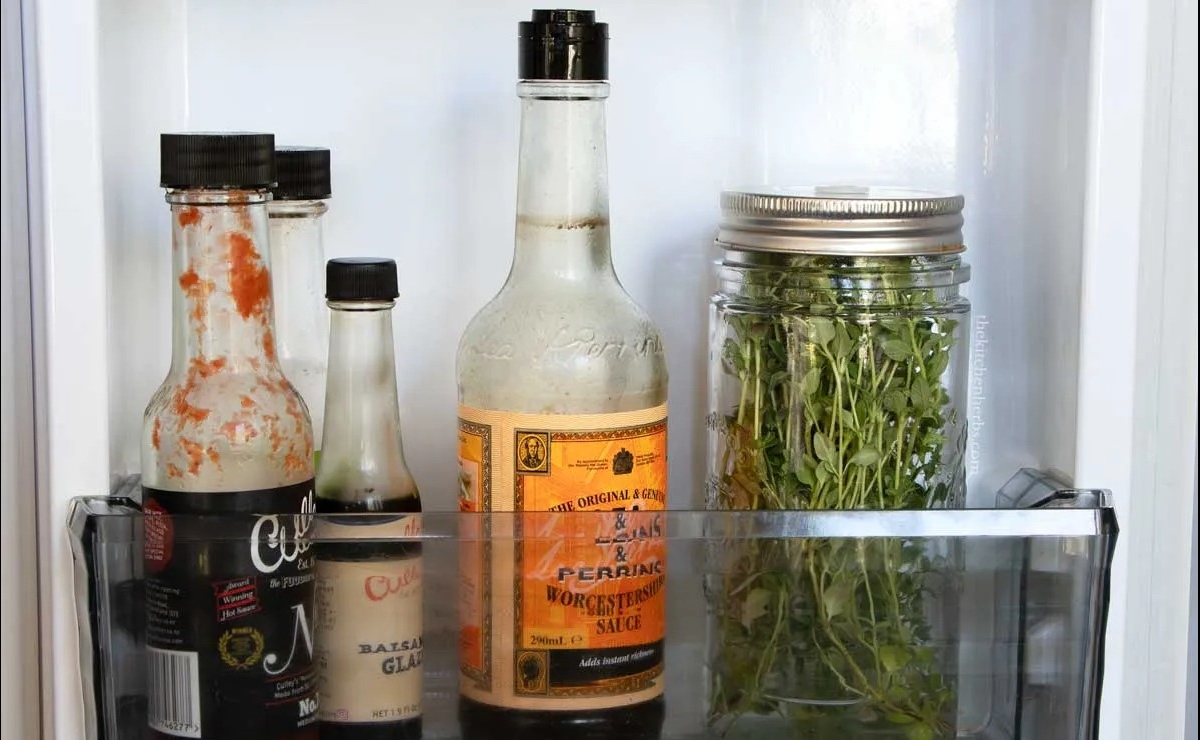
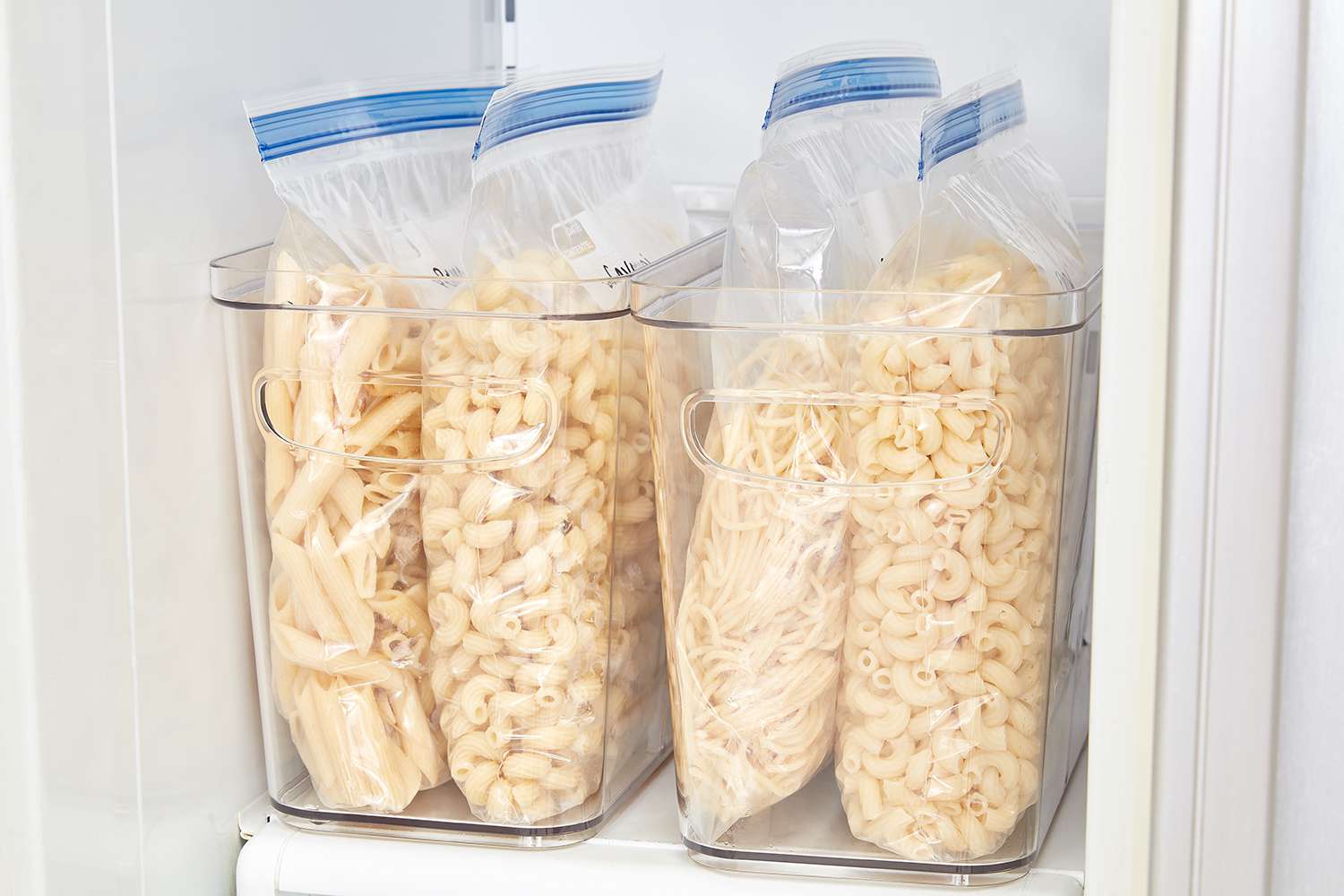
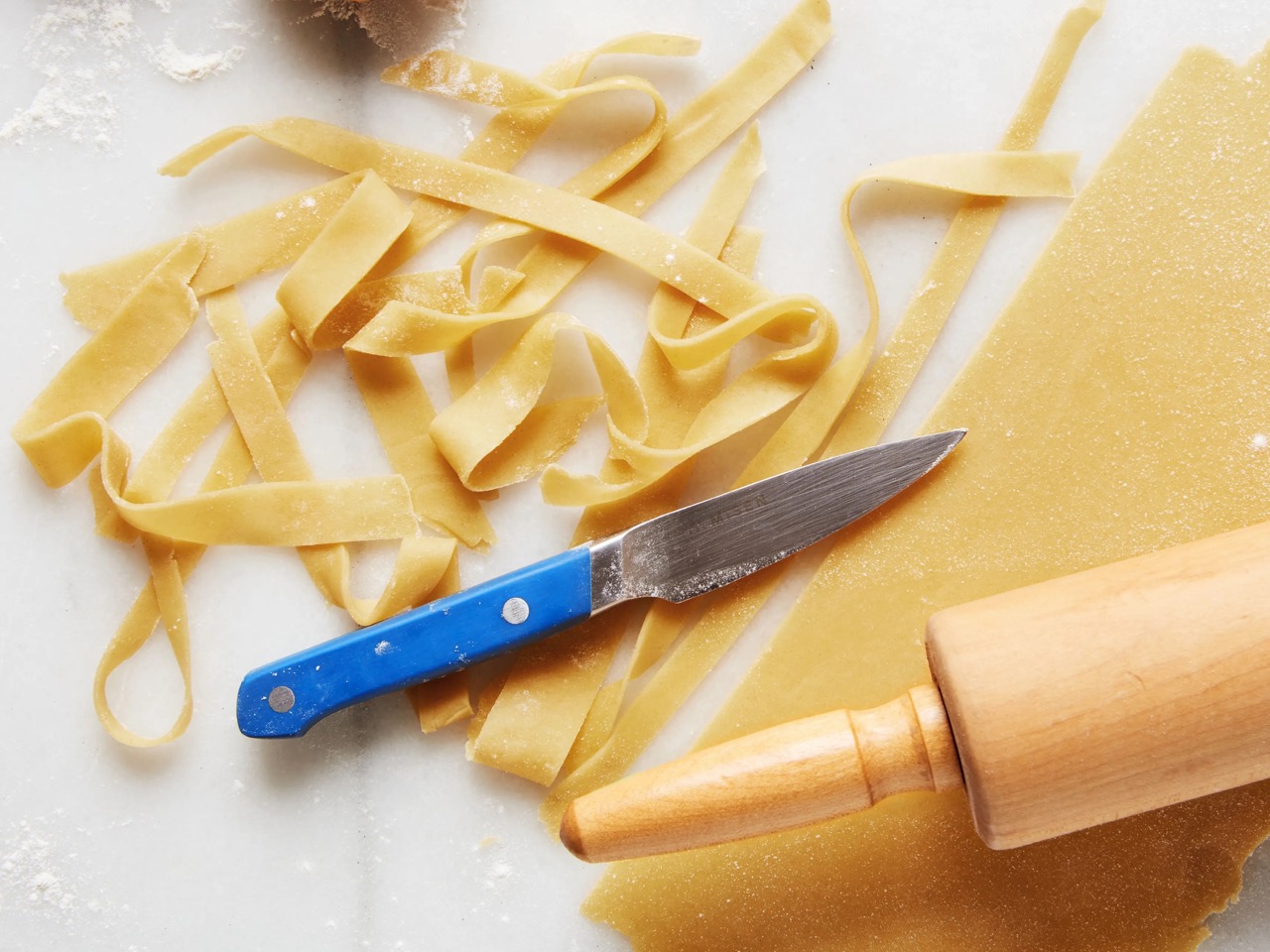
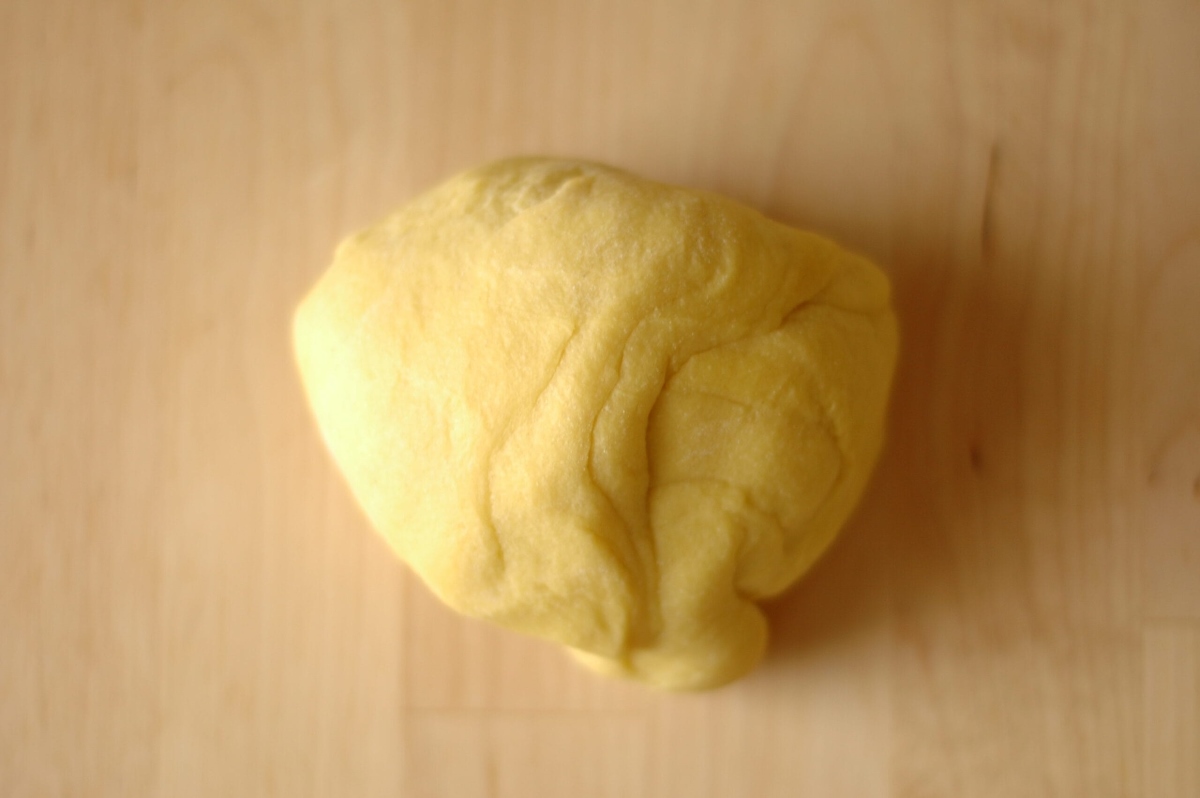
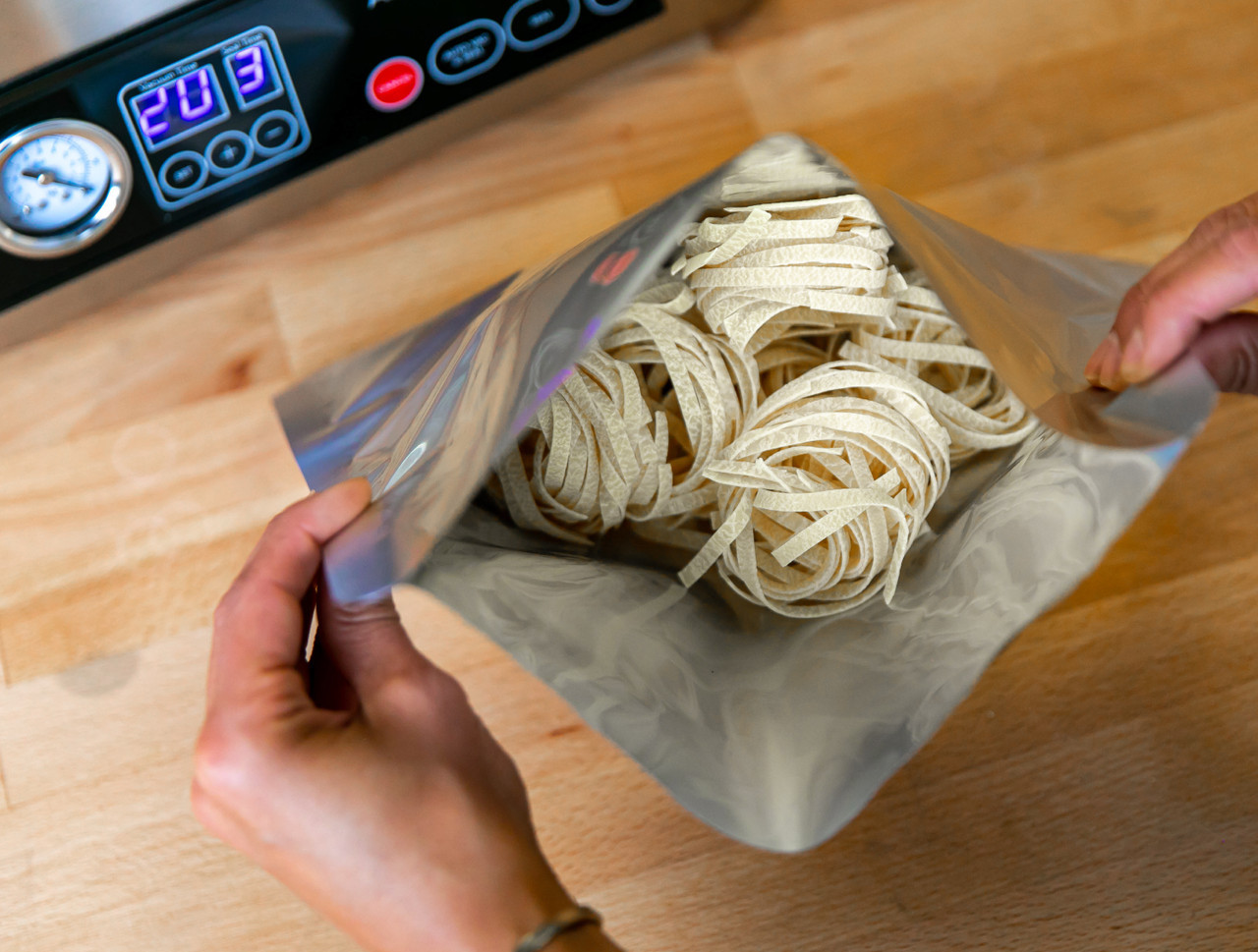
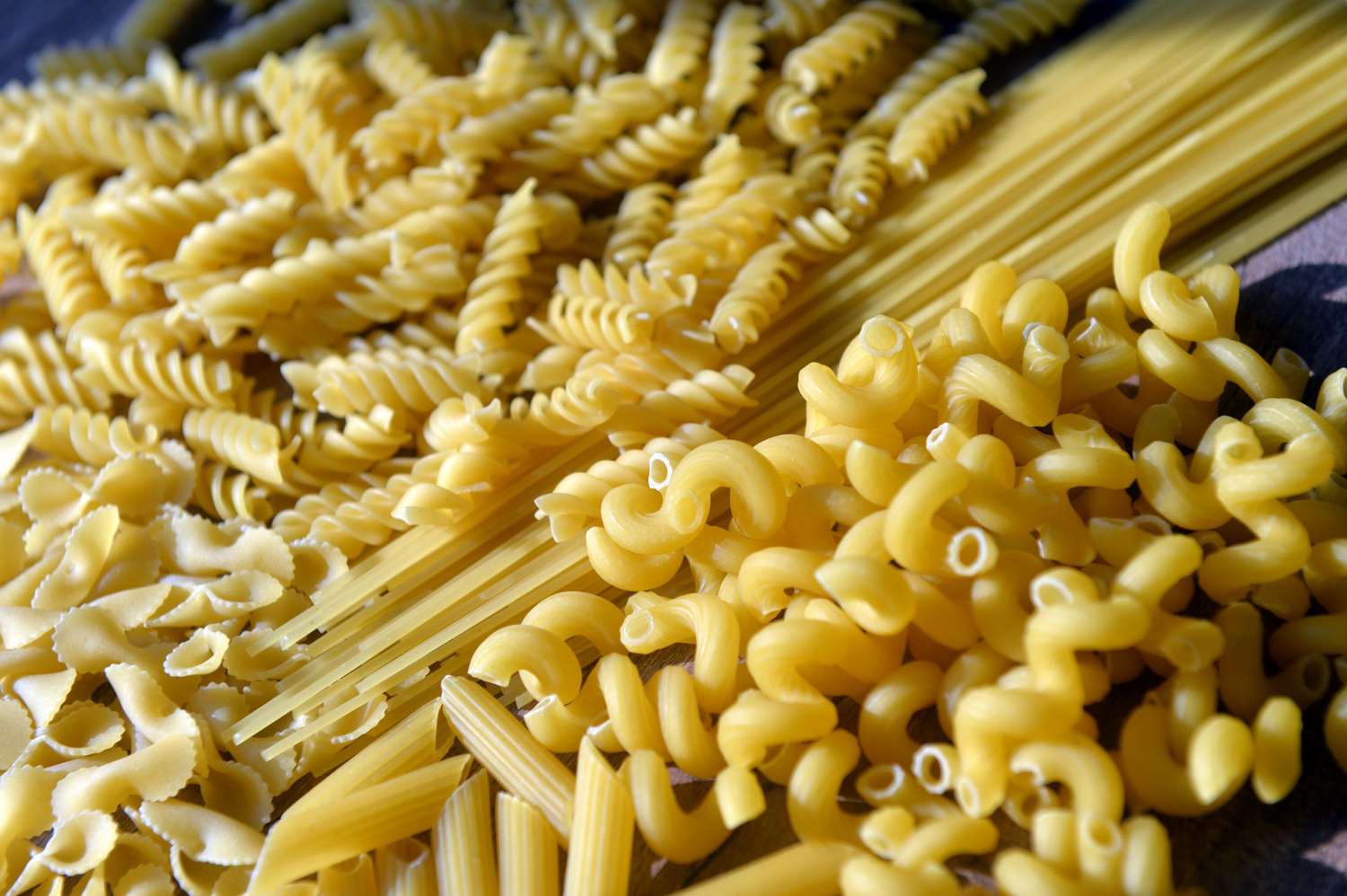
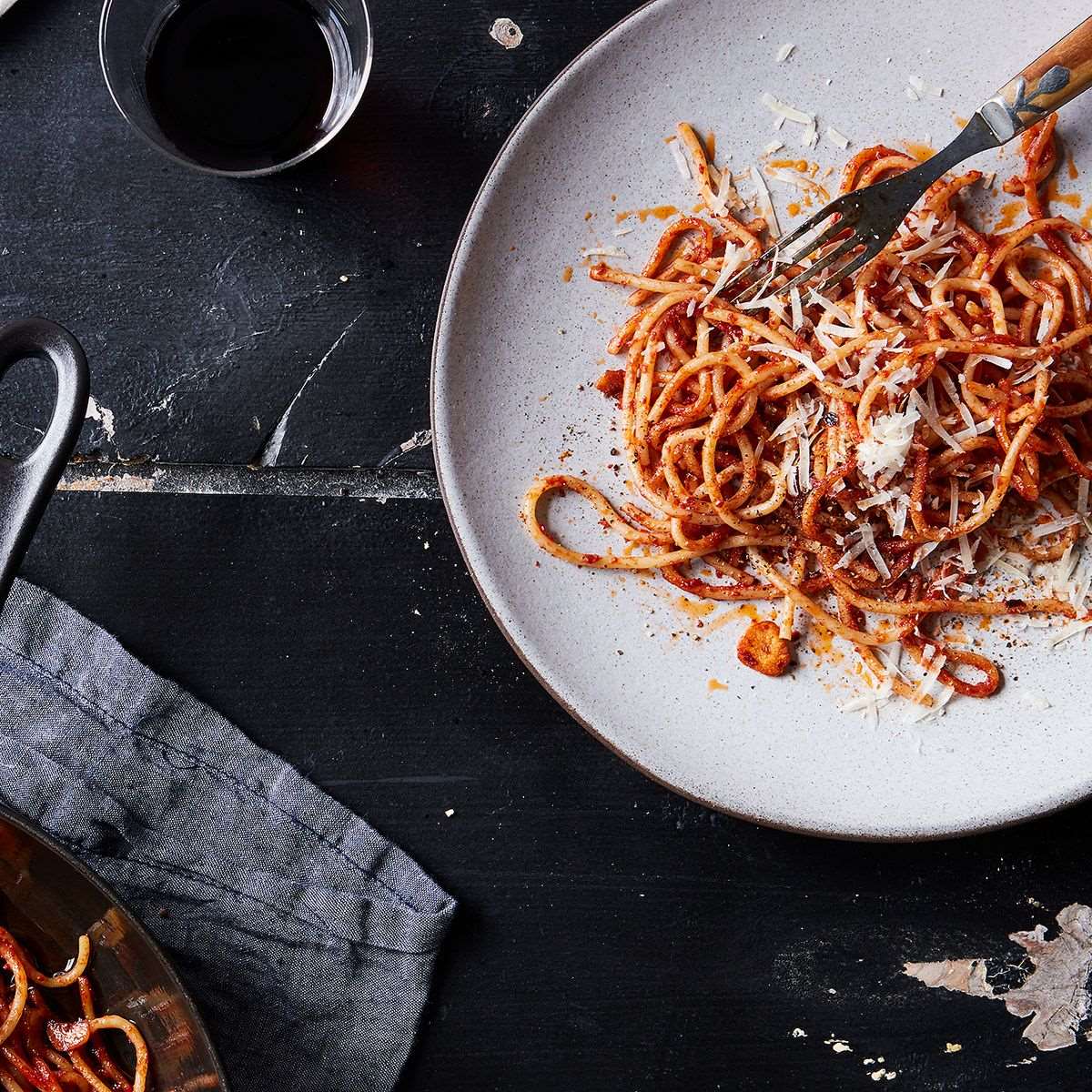
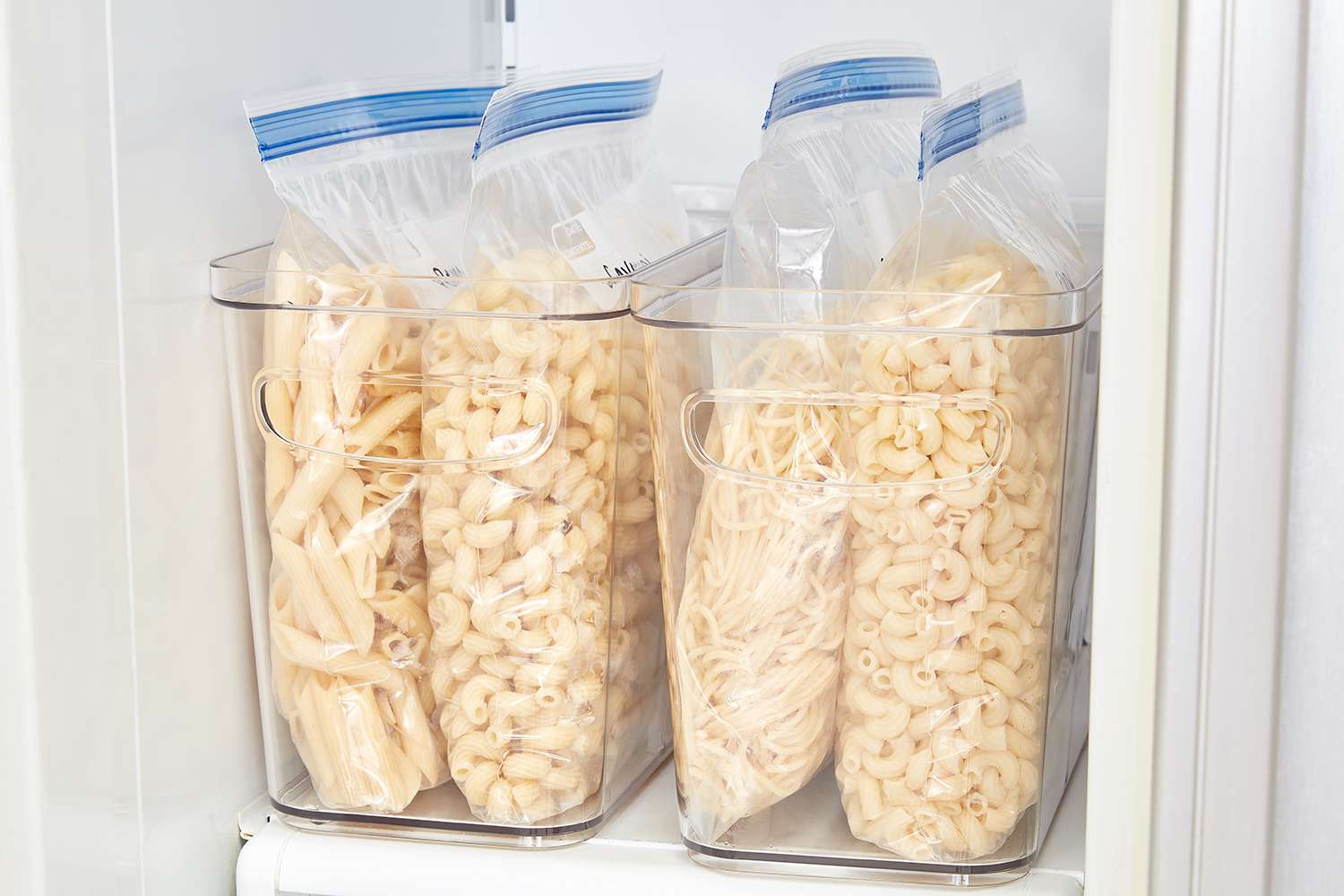
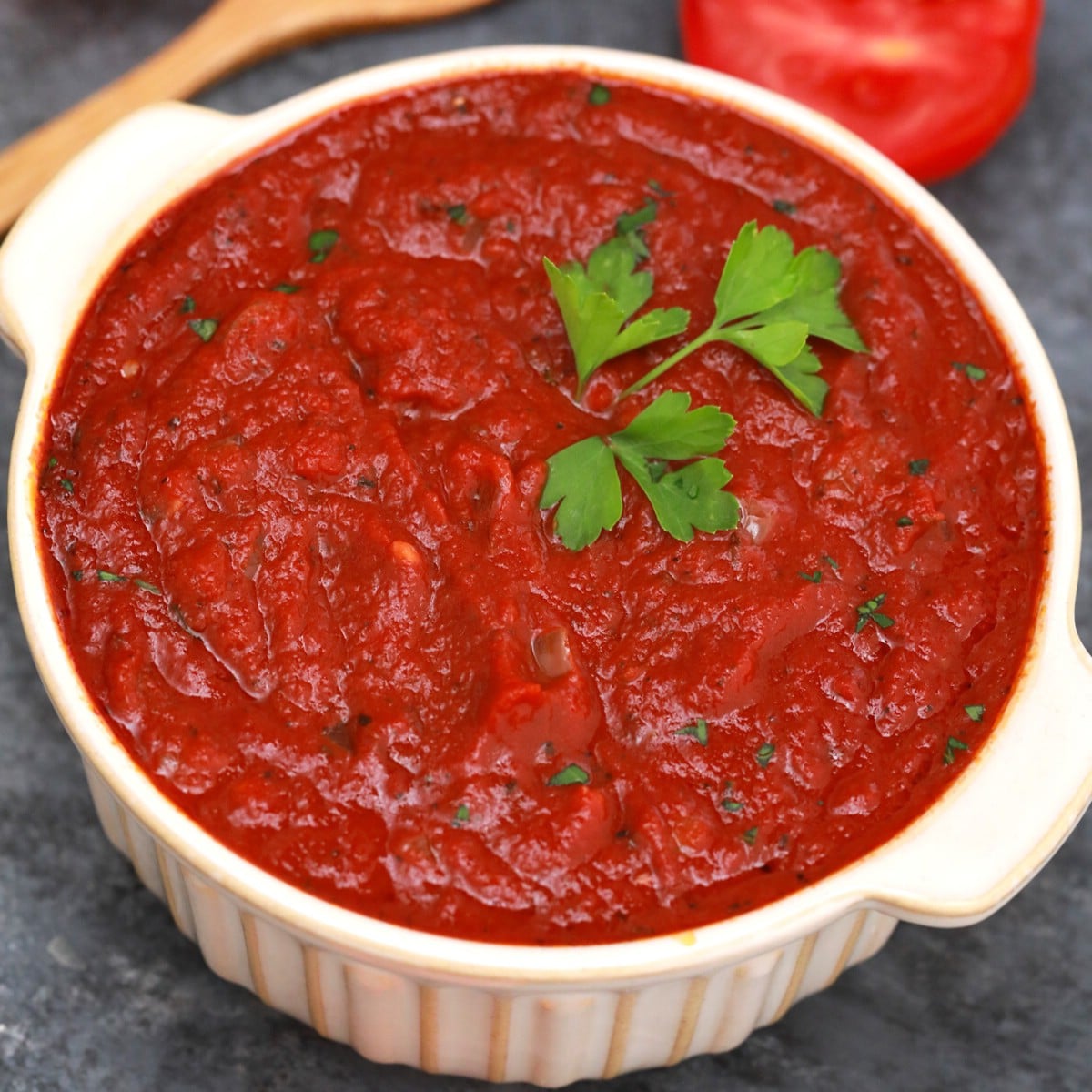

0 thoughts on “How To Store Fresh Pasta In Fridge”